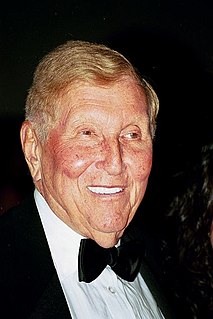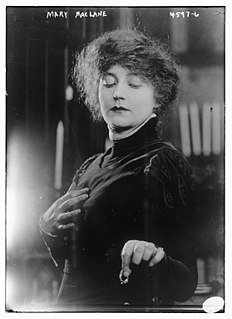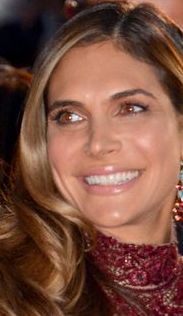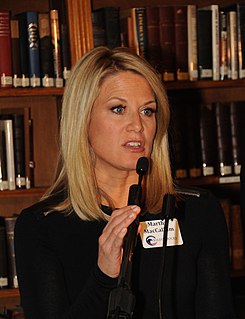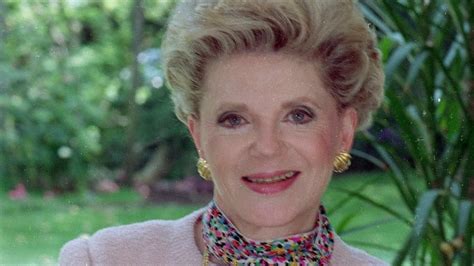A Quote by Erik Larson
I had a nice part at big newspapers, small newspapers, and then I went to a very big newspaper - 'The Wall Street Journal.' I wrote longer pieces, and I got tired of working so hard on stories that had a shelf life of essentially one day. So then I started working on longer magazine pieces and realized then that you might as well be writing a book.
Quote Topics
Big
Big News
Book
Day
Essentially
Got
Had
Hard
Journal
Life
Longer
Magazine
Might
Newspaper
Newspapers
Nice
One Day
Part
Pieces
Realized
Shelf
Shelf Life
Small
Started
Stories
Street
Then
Tired
Tired Of Working
Very
Wall
Wall Street
Wall Street Journal
Well
Working
Working So Hard
Writing
Writing A Book
Wrote
Related Quotes
I started writing because I wanted to write scripts, but I wasn't very good at it. Then I started writing short stories, sort of as treatments for the film scripts, and I found I enjoyed writing short stories far more than I enjoyed writing film scripts. Then the short stories got longer and longer and suddenly, I had novels.
I wrote an article about the marine landing [in Haiti] right away, but barely mentioned the oil, because my article would come out two months later and I assumed by then, "of course, everybody knows." Nobody knew. There was a news report in the Wall Street Journal, in the petroleum journals, and in some small newspapers, but not in the mainstream press.
I wrote the first draft of the New People quickly but it had been percolating a lot longer. It's a hard question to answer because I'd been working on another novel for years and when I gave up on that, this one came very easily. But I think the work had been going on a lot longer than the actual writing.
I had a very hard-working father and a very hard-working mother. My dad was someone that would get up at 5 in the morning and work 'til 4 in the afternoon and then had a hobby he made money with. After he'd get home, he'd have a meal and have a drink and then flow right into that, trying to provide.
I don't know that I make a big distinction between the big pieces and the little pieces, because I don't experience them in that way. I mean, by the same token, you're out touring with a band and then you're writing string quartets, and in a funny way, isn't it all the same, in a way? It's all just music.
I read everything I could find in English - Twain, Henry James, Hemingway, really everything. And then after a while I started writing shorter pieces in English, and one of them got published in a literary magazine and that's how it got started. After that, graduate school didn't seem very important.
It all depends on what I'm working on and if there is a deadline involved. Anything that's headed toward a magazine or newspaper is hacked out on the computer; that's a matter of efficiency. I write longer pieces of prose on a typewriter because the act of retyping it for the computer is a useful tactic for revision. Poems tend to be written longhand.


